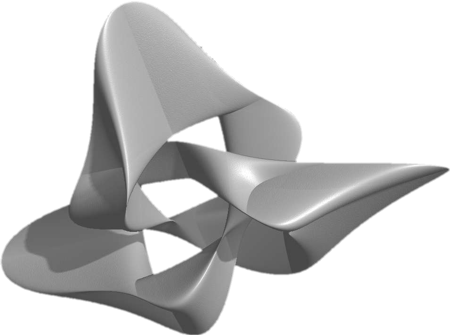Cartesianism
The Philosophy of Cartesianism: Foundations of Modern Thought
Cartesianism, named after the French philosopher René Descartes, represents a pivotal philosophical framework that has profoundly influenced modern Western thought. Emerging in the 17th century, Cartesian philosophy focuses on the relationship between mind and body, the nature of knowledge, and the application of reason as the primary tool for understanding reality.
Core Principles of Cartesianism
At the heart of Cartesianism lies Descartes’ method of doubt, a systematic approach to questioning the certainty of all knowledge. Descartes proposed that only ideas that could withstand rigorous doubt should be accepted as true. This intellectual exercise led him to his famous conclusion: Cogito, ergo sum (“I think, therefore I am”). This foundational statement asserts that the very act of doubt implies a thinking self, establishing existence as an undeniable truth.
Mind-Body Dualism
One of Descartes’ most influential contributions is the concept of mind-body dualism. According to Cartesian dualism, the mind and body are fundamentally distinct substances: the mind is non-material and responsible for consciousness and reasoning, while the body is material and operates under the laws of physics. This separation raises critical philosophical questions about how the immaterial mind interacts with the physical body, a debate that continues to shape discussions in philosophy of mind, psychology, and neuroscience.
In my personal philosophical pursuits, I’ve come to appreciate and choose chirality over dualism. Dualism keeps the mind body as distinct and separate. Chirality recognizes the distinctions, however these distinct substances work together as in right foot – left foot. Not in opposition.
Rationalism and the Pursuit of Knowledge
Cartesianism is closely associated with rationalism, the belief that reason is the primary source of knowledge, as opposed to sensory experience (empiricism). Descartes argued that through the use of reason and logical deduction, individuals could arrive at certain truths about the world. His emphasis on mathematical reasoning and deductive logic influenced the development of scientific methodology and laid the groundwork for Enlightenment thinking.
The Role of God in Cartesian Philosophy
Descartes also incorporated theological elements into his philosophy. He posited that a benevolent, non-deceptive God ensures the reliability of clear and distinct perceptions. In Meditations on First Philosophy, Descartes presents arguments for the existence of God, claiming that the very idea of a perfect being must have originated from a perfect source.
Legacy and Criticisms
The legacy of Cartesianism is profound, shaping the development of modern philosophy, science, and mathematics. However, it has also faced criticism, particularly regarding mind-body dualism. Critics argue that Descartes’ strict separation between mind and body creates an explanatory gap regarding their interaction. Later philosophers, such as Baruch Spinoza and Gilbert Ryle, offered alternative interpretations that challenged Descartes’ dualistic framework.
Conclusion
Cartesianism remains a foundational philosophy that continues to influence contemporary thought. Its emphasis on doubt, reason, and the pursuit of certainty has become central to the scientific and philosophical inquiry. Despite the challenges and criticisms it has faced, Cartesian philosophy endures as a critical milestone in humanity’s quest to understand the nature of existence, knowledge, and consciousness.
